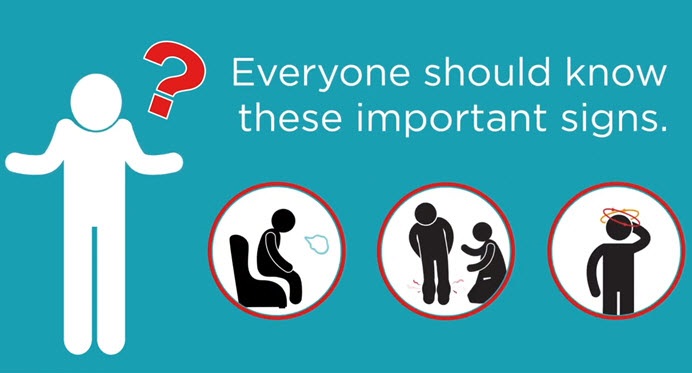Common Tests for Heart Failure
To determine whether you have heart failure, your healthcare team may perform some or all of these diagnostic tests and procedures. Physical examination How it's done: You'll be asked about your medical history and symptoms. Typically, you fill out forms with this information before your examination. The doctor or a healthcare assistant may ask you the questions again during the exam. Your blood pressure will be taken. You'll be weighed. A healthcare professional will listen to
Diagnosing Heart Failure
First steps for getting diagnosed It's always important to have regular checkups even if you're not noticing any particular symptoms. If you do notice any of the potential signs of heart failure (HF), take action and talk to a healthcare professional. Symptoms to report to your doctor It may be appropriate to begin testing for heart failure if you or a family member has any of the potential signs of heart failure, such
Managing Heart Failure Symptoms
Small changes can improve symptoms, and give you time for what matters most. Your body and your heart can often respond to effects of heart failure (HF) so that you never notice any symptoms. Your heart compensates for added strain by working harder. However, as heart failure worsens, your body can gradually become less able to keep up. When a situation worsens by small degrees over time, you may not even
Heart Failure Signs and Symptoms
By themselves, any one sign of heart failure may not be cause for alarm. But if you have more than one of these symptoms, even if you haven't been diagnosed with any heart problems, report them to a healthcare professional and ask for an evaluation of your heart. Congestive heart failure is a type of heart failure which requires seeking timely medical attention, although sometimes the two terms are used interchangeably. View an
Understand Your Risk for Heart Failure
One in five Americans will develop heart failure Although heart failure (HF) may limit your activities and hurt your health, recent research brings new hope and effective strategies. Even though the number of people facing heart failure is on the rise, many people living with heart failure find treatment options that can help them continue living full and meaningful lives — and we are here to support them. Who is at risk? In
What Causes Heart Failure?
Many other heart conditions can ultimately lead to heart failure. All of us lose some blood-pumping ability in our hearts as we age, but heart failure results from the added stress of health conditions that either damage the heart or make it work too hard. All of the lifestyle factors that increase your risk of heart attack and stroke – smoking, being overweight, eating foods high in fat and cholesterol and
Causes and Risks for Heart Failure
Who develops heart failure (HF) and why? Heart failure is a serious, long-term (chronic) condition. It’s more likely to happen as you age, but anyone can develop heart failure. Still, if you have heart failure, you can live a full and active life with the right medical treatment and lifestyle. Understand the causes and conditions leading to HF Most people who develop heart failure have (or had) another heart condition first. The most common
Heart Failure in Children and Adolescents
A small percentage of newborns has a structural heart problem The heart is a pump. It’s divided into a right and left side, each with an upper and lower section. The upper section, called an atrium, receives blood from the body and pumps it through a one-way valve into the lower section, called a ventricle. These valves prevent the backward flow of blood inside the heart. The right side of the
Classes of Heart Failure
Doctors usually classify patients' heart failure according to the severity of their symptoms. The table below describes the most commonly used classification system, the New York Heart Association (NYHA) Functional Classification1. It places patients in one of four categories based on how much they are limited during physical activity. ClassPatient SymptomsINo limitation of physical activity. Ordinary physical activity does not cause undue fatigue, palpitation, dyspnea (shortness of breath).IISlight limitation of physical
Types of Heart Failure
Left-sided heart failure The heart's pumping action moves oxygen-rich blood from the lungs to the left atrium, then on to the left ventricle, which pumps the blood to the rest of the body. The left ventricle supplies most of the heart's pumping power, so it's larger than the other chambers and essential for normal function. In left-sided or left ventricular heart failure, the left side must work harder to pump the same








